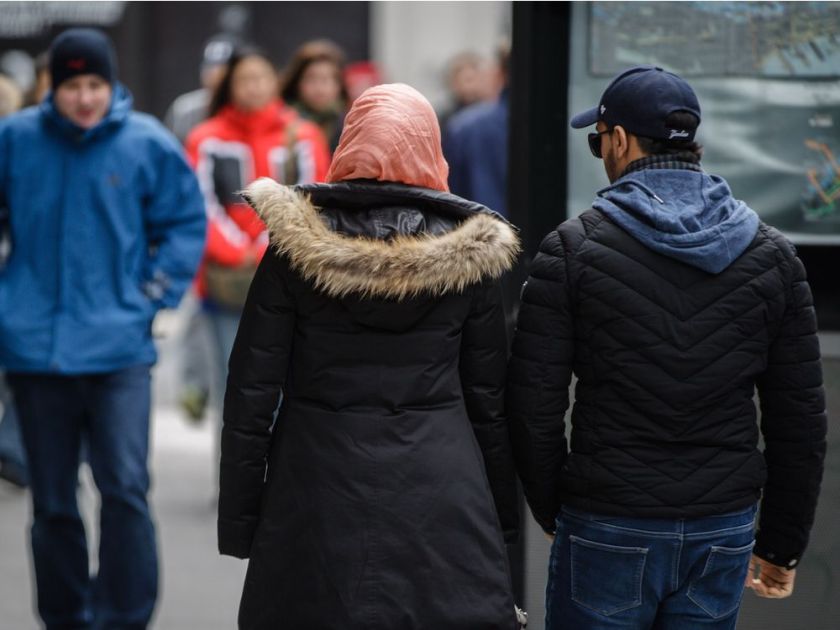There is a particular malaise that grows when your existence in society is continuously debated at a political level. When you do not get the job, a pesky mosquito-like thought begins to hum in your mind. Was I not hired because I was not the best fit, or because I am a Muslim woman living in Quebec? The store clerk who testily asks whether you have paused to buy something, or just to browse; was she indulging in Islamophobia or just inept when it comes to customer service? Quebecers of the Muslim faith should not have to do this constant second-guessing. The powers that be in Quebec should not be fostering our malaise and disenfranchisement.
The current Coalition Avenir Québec (CAQ) government, led by Premier François Legault, seems dangerously unaware of context and history in its plan to bring in legislation banning religious symbols for teachers, police officers and other government workers deemed to be in positions of authority. A simple i to dot, or t to cross, Quebecers with visible modes of religious expression have become bureaucratic loose ends in a decade-long national debate on secularism, the devastating impacts on their careers and lives reduced to paperwork.
But this isn’t the first time that people of various religious confessions have had their belonging questioned, their accession to government posts limited, and the expression of their faith severely restricted. A quintessential example is medieval Spain. After the fall of the Andalusian empire, Jews and Muslims, who had once established an intellectually fruitful convivensia, had to submit to the will of the victor, no longer able to publicly express their faith. It was precisely measures like these undertaken by ruling powers in Europe, driving people with various religious confessions underground for centuries, that contributed to the establishment of the principle of freedom of conscience, a hallmark of modern democracies.
In our current era of personal expression and individualism, are religious Quebecers the only pariahs left, still unable, in a free, secular, and modern democracy, to fully own their subjectivity and express themselves publicly, without shame or repercussion? Are the religious Quebecers to become modern-day moriscos and conversos?
The CAQ under Legault is undeterred. The only matter left to decide, it seems, is whether the rights of existing employees will be grandfathered.
Muslim women, who are well-represented in the field of education, will be disproportionately affected by this legislation, should it pass, and are already feeling the chill that government sanctioned discrimination has created. That all of Quebec civil society is not up in arms about such a threat being issued to one of the most vulnerable segments of population in our Canadian province is unsettling.
The recent paternalistic comments by Isabelle Charest, the newly minted status of women minister, regarding the hijab and whether women in Quebec should wear it further exacerbate the political climate for Muslim women. So much for state-led gender equality and feminism.
The presence in a society of people with different modes of being is a reality that requires nuance and acceptance to navigate. But it’s essential that modern and secular Quebec allow those who are religious believers to contribute fully to our society.
Attempts to “solve” the existence of an unfamiliar Other in one’s midst never end well. We must remember, before there was the Final Solution, there was the “Jewish Question,” a seemingly interminable debate about whether Jews could be integrated into Europe, or ever fully be European. Let’s not indulge in such unsavoury discourse any longer. Our political leaders should have the knowledge, insight and fortitude to stand for inclusion and tolerance. Rather than supporting policies that would discriminate against certain Quebecers and trample religious freedoms, they should encourage understanding and exchange to build a better and more viable vivre ensemble.
Idil Issa is a Montreal-based writer. She happens to also wear the hijab.
























